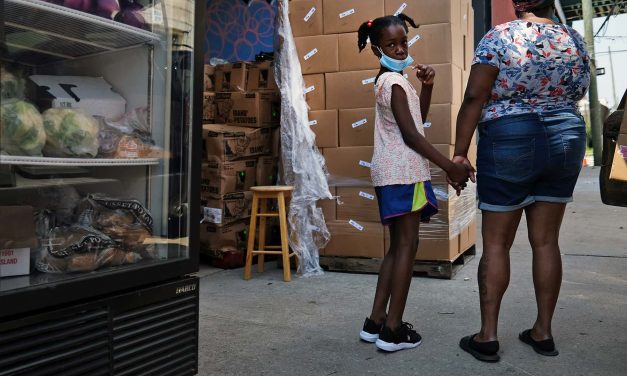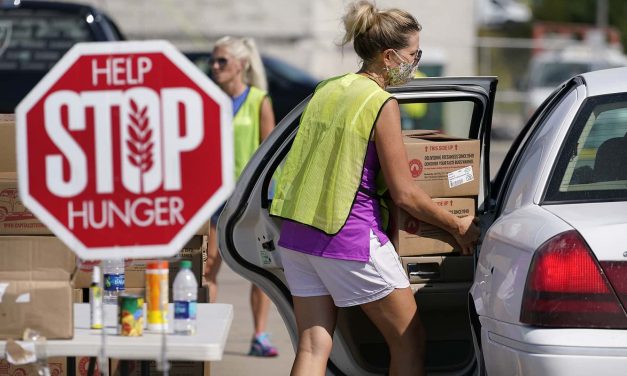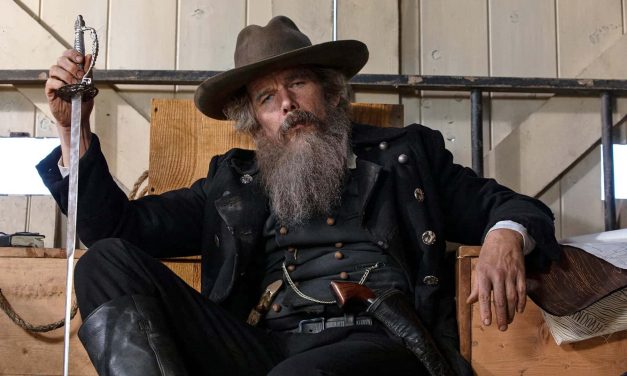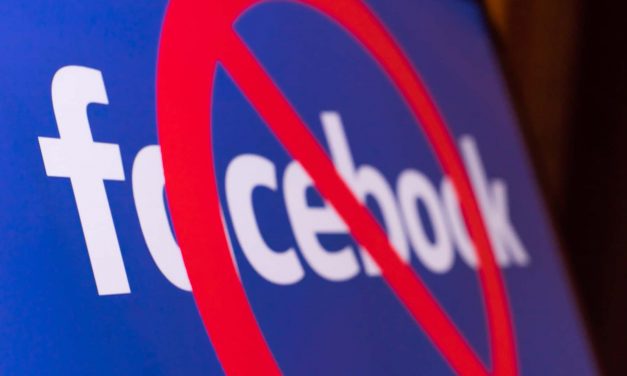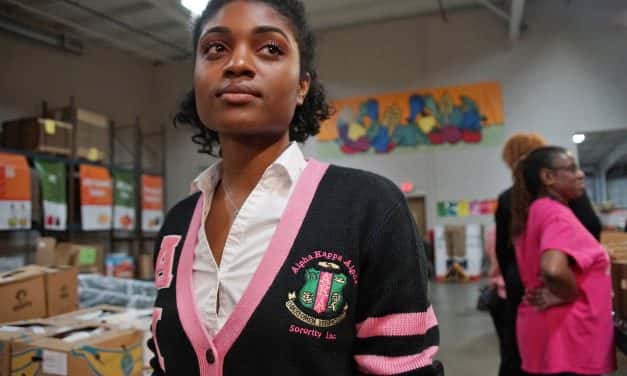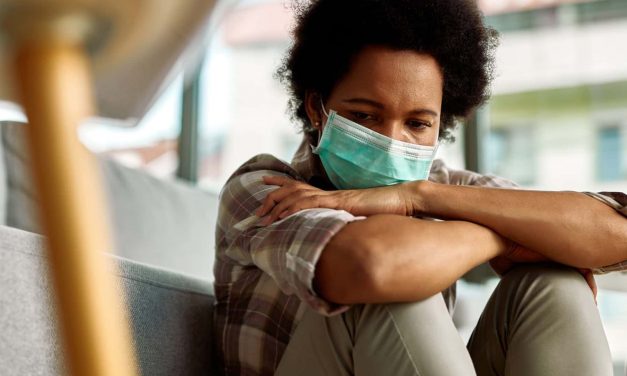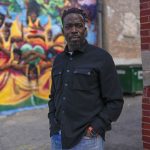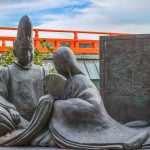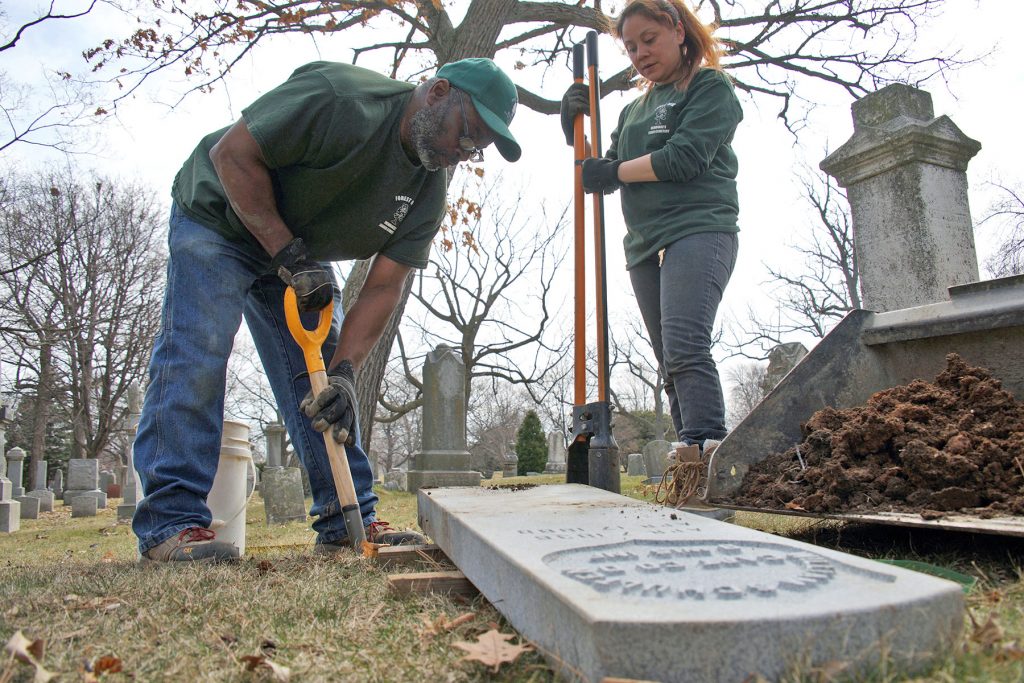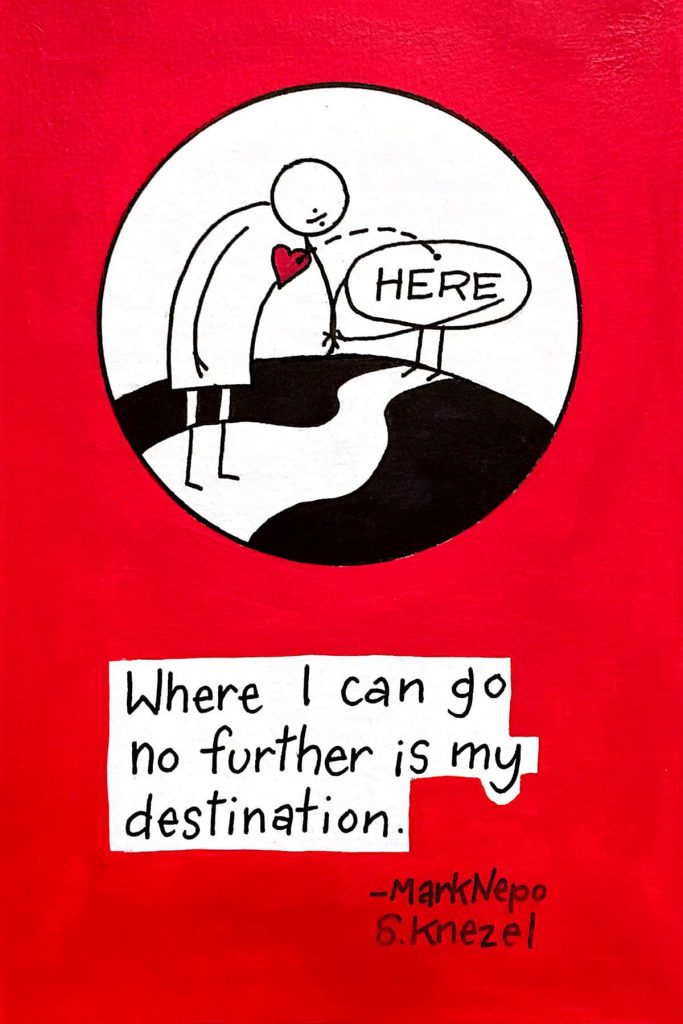A failed health policy: How a wealthy nation can go from an obesity epidemic to tragic food insecurity
By Caitlin Caspi, Professor of Public Health, University of Connecticut Among the many striking images from the pandemic is an aerial photo showing cars in seemingly endless rows lined up at a food bank. A jarring awareness of food insecurity in the U.S. has accompanied the health and financial concerns brought on by the COVID-19 pandemic, with record numbers of people visiting food banks for the first time. Even those not immediately in need were made increasingly aware of food insecurity in 2020, amid conversations not only of the economic fallout of the coronavirus, but also how structural racism...
Read More
